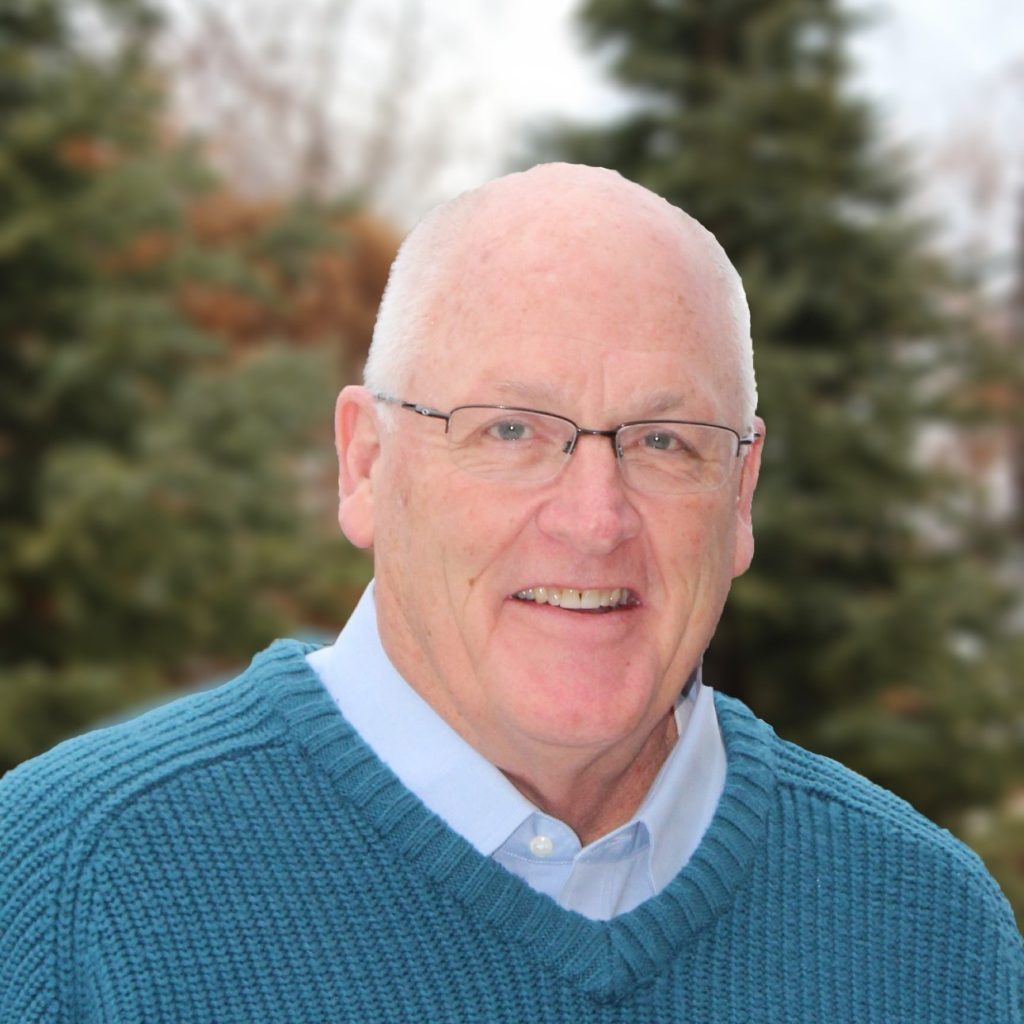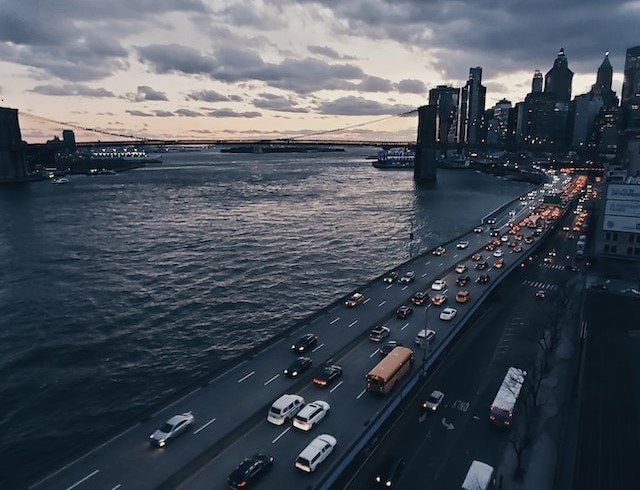By Joseph Q. Jarvis | Guest opinion for The Standard-Examiner | Published: 6 October 2023
Not far from its end where it pours into the Hudson River, the Mohawk River makes a crescent bend that is crossed by a bridge carrying New York State Highway 9 between Saratoga Springs and Albany.
Right there on the east side of the bridge and north side of the river, I recently stood next to a display of flowers and candles which have been tended now for four and a half years by friends of a young man, Danny Desnoyers, who died at that site on April 9, 2019.
The Mohawk River, which at this point approaches the size of the Colorado River as it passes through the Grand Canyon, drains the valley between the Catskill and Adirondack mountains, and in early spring, when Danny died, carries a massive flow of water.
The Mohawk served the purpose of water source for the Erie Canal builders back in the early 19th century. It’s likely that Joseph Smith, the founding prophet of The Church of Jesus Christ of Latter-day Saints, passed by this site as he moved with his family from Vermont to western New York, traversing the Mohawk Valley to Palmyra, which sits on the Erie Canal.
The flower and candle display, like many to be seen spontaneously arising along the byways of the American landscape, is not particularly remarkable. It sits between the river’s edge, a drop-off of about 5 feet, and a line of large boulders traversing the area from the bridge to a rise further to the east.
The boulders have been placed there by the local government in response to the incident that killed Danny Desnoyers. Danny died when his truck plummeted into the Mohawk River and the boulders keep other vehicles from following that same path of demise.
A week prior to dying in the Mohawk River in his truck, Danny was doing well and going about his business. He went to his local pharmacy to pick up his antidepressant medication — which had helped him rise above a chronic mental health condition, major depression — only to discover that he had been kicked off his Medicaid managed-care benefit because he had forgotten to make a $20 copayment.
His parents, Scott and Anna Desnoyers, with whom I visited the Mohawk River site, could not raise the several hundred-dollar cost of the prescription. Danny’s appeal to the managed care organization after he paid the $20 fee on the day he discovered that his Medicaid benefit had lapsed was to no avail. They wouldn’t reinstate him until the next billing cycle a month later.
Sudden withdrawal from antidepressant medication is dangerous. Patients who stop cold turkey when taking these medications commonly develop nausea, vomiting and other flu-like symptoms. Their underlying mental health condition flares, with anxiety and depression.
They suffer insomnia, vivid dreams, severe headaches and other pain, and can become suicidal. Danny spent a week in that kind of hell, and then he decided that he could go on no longer.
He drove his truck to the crescent bend of the Mohawk River, super-glued his seat belt shut, posted a suicide note on Facebook, backed his truck up and accelerated into the river swollen with spring snowmelt.
Scott and Anna took me to the site at my request. They rarely visit the place; it’s too painful.
They have dealt with this loss by sublimating their grief into a general call for all of us to change the health care system that denies medically necessary care to patients who can’t afford their treatment. Scott stood up at Danny’s funeral and vowed that he would look into the eyes of every elected politician all across the U.S. and tell them that they must change how we Americans do health care business.
Scott’s passion brought him to the attention of a filmmaker who was organizing a documentary about the agony of American health care and what can be done about it. I was the executive producer of that film — “Healing US.”
I stood on the banks of the Mohawk River with a grieving mother and father and felt how sacred that site is. Not because I could place the site in the context of my LDS faith, but because the place where we lost the life of Danny Desnoyers, like the tens of thousands of similar places of premature mortality due to the dereliction of our health system, will serve as a monument to our collective commitment to rid our nation of the horror of for-profit health insurance.

Joseph Q. Jarvis, MD, MSPH, is the chairman of the Board of Directors for Common Sense Health Care for Utah, a 501c4 non-profit organization planning to bring real and sustainable health system reform to the Utah electorate by ballot initiative in 2026.

